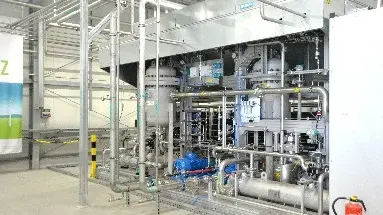Research
The Laboratory for Hydrogen Technology and Energy Storage works closely with industrial partners in Germany and abroad to represent the interface between basic research and practical application on an industrial scale. This includes, for example, the operational management of generation plants, measurement methods for the latest hydrogen storage technologies, fuel cell system integration in close cooperation with vehicle manufacturers and the operation of a 1 MWh battery storage system.
Since the laboratory was established, numerous externally funded projects have been successfully implemented in the aforementioned research areas, offering students the opportunity to complete internships and project work as well as bachelor's, master's and doctoral degrees.
Services
- Investigation of fuel cell components, stacks and FC systems up to 10 kW
- Investigation of the filling and removal of hydrogen storage systems
- Design and integration of fuel cell systems
- Gas analysis for quality assurance
- Investigations into material compatibility
- Scientific support in the field of hydrogen technology and energy storage
Research projects
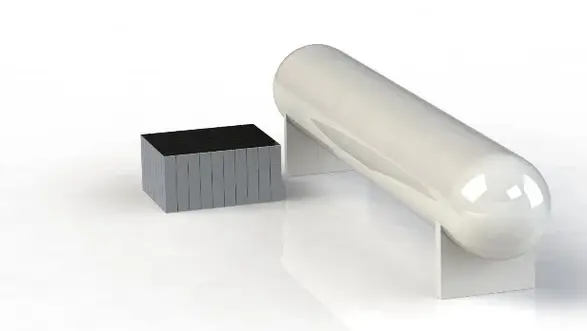
Development of a scalable and modular metal hydride storage system for storing hydrogen. The goal is to create a storage system that is quick and easy to produce and can be easily adapted to the respective situation thanks to its scalability. The storage system has a volumetric storage density approximately four times higher than conventional low-pressure storage systems.
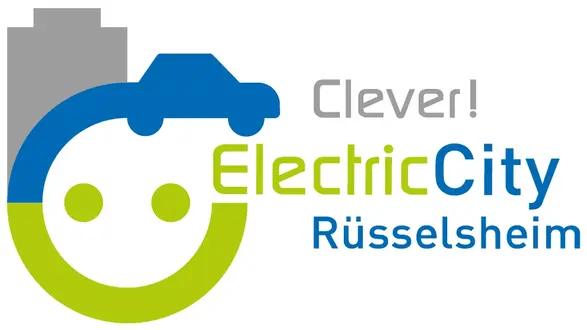
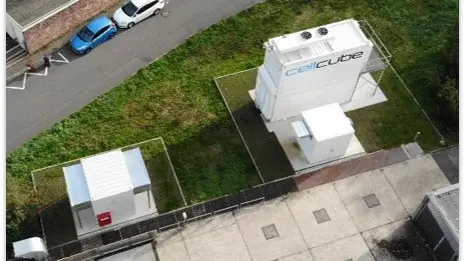
The development of a nationwide charging infrastructure as part of Electric City Rüsselsheim eliminates existing market barriers to e-mobility and also creates a positive signal effect for e-mobility thanks to the high visibility of the charging points in the city. By involving various user groups (tenants, commuters, businesses, tradespeople, etc.) and evaluating user behaviour, an optimal connection to the existing infrastructure is made possible and the necessary network expansion is minimized.
In addition, two battery storage systems with a total capacity of 1075 kWh and a tandem output of 904 kW (675 kWh lithium-ion and 400 kWh Red-Ox-Flow storage with vanadium-vanadium technology) were installed on the Rüsselsheim Campus. These storage systems are used in the Rüsselsheim municipal grid to cushion grid load peaks. In 2024, the grid load peak could thus be reduced by 830 kW.

In cooperation with Kempten University of Applied Sciences and ABT e-Line GmbH, a development platform was created at RheinMain University of Applied Sciences that enables a customized configuration of fuel cell drives by combining virtual and real methods. The fuel cell system test bench is designed for outputs of up to 10 kW and enables the detailed investigation of operational management, energy flows and thus the interaction of the individual system components, as well as the consideration of scaling effects.
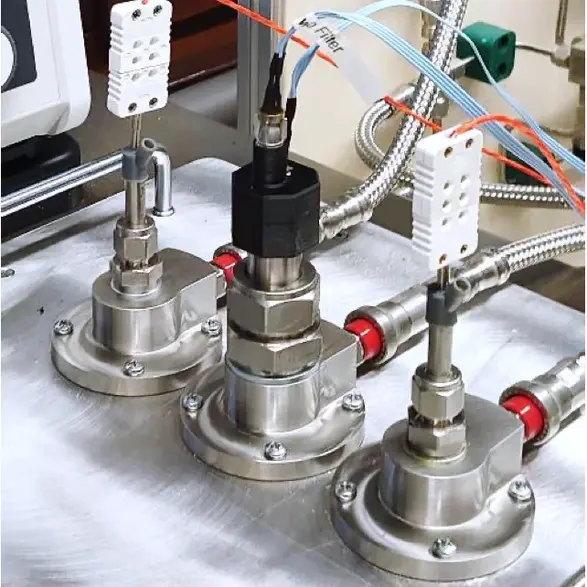
In addition to conventional hydrogen storage in gaseous or liquid form, metallic powders in the form of a metal hydride storage system can be used to store hydrogen. The simple measurement of the hydrogen filling level is still an unsolved problem. For this purpose, an optical effect was found in sodium alanate powders (NaAlH4) that can be used for a level sensor. As part of a sensor development, the complex laboratory measurement method used to date was transferred to a simple measuring probe. The hydrogen level of a metal hydride tank can be determined from the signal values by means of standardization.
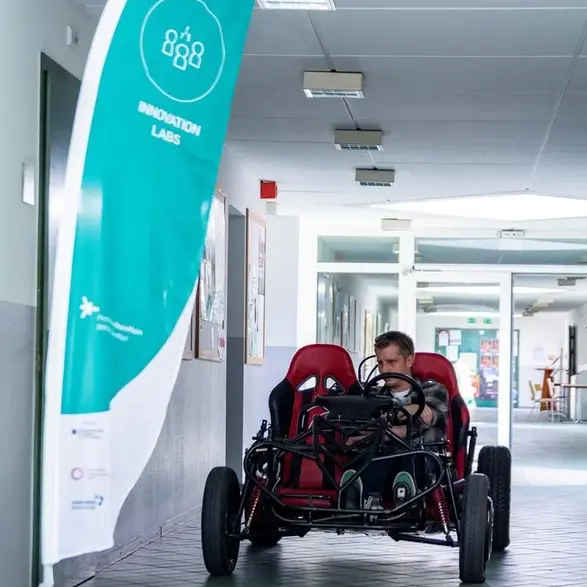
A properly functioning fuel cell, as well as the prognosis of the remaining service life and the prediction of possible damage, is of fundamental importance for the operation of hydrogen-powered vehicles. As part of IMPACT RheinMain and in cooperation with regional partners from industry and research, INNOVATION LABS is researching indicators for ageing processes and corresponding test methods. The goal is to create a forecasting tool that can calculate not only the remaining useful life of a fuel cell, but also the need for repairs ("predictive maintenance").
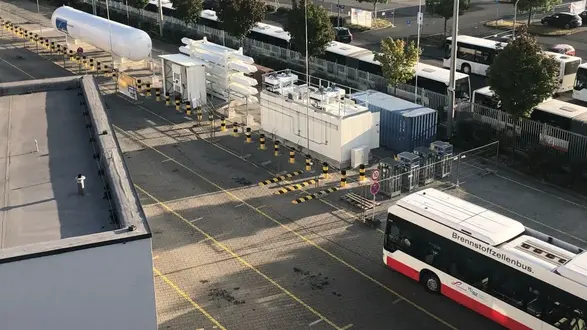
The rHYn-main project involves the development, testing and optimization of a regional concept for the use of local hydrogen in public transport in the Rhine-Main area. The main objective of the project was the development and ongoing optimization of a supra-regional integrated concept for the operational provision of hydrogen (H2) for municipal transport companies for the refueling and operation of fuel cell buses (FC buses) in order to map the entire value chain of a hydrogen economy within the Rhine-Main region and to develop scenarios to ensure optimal operation both economically and technically.
